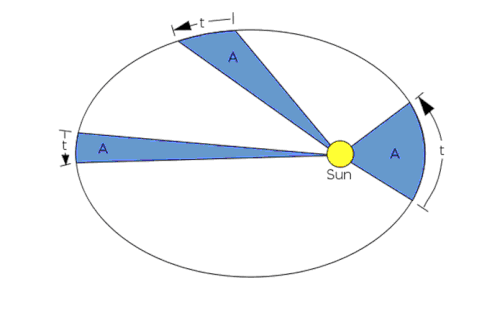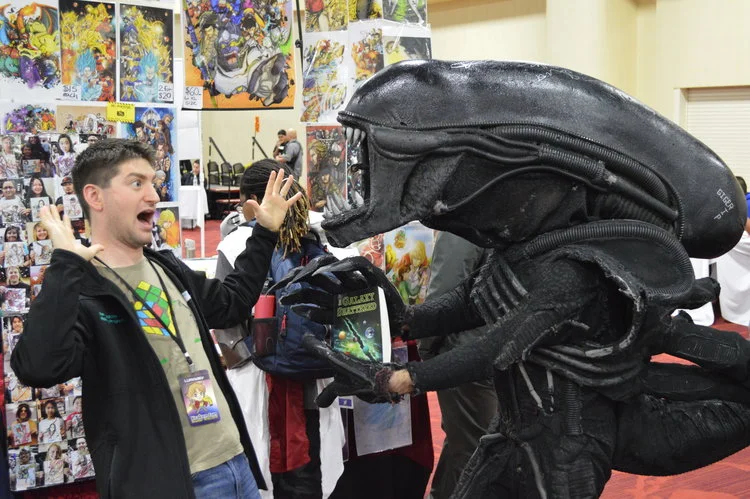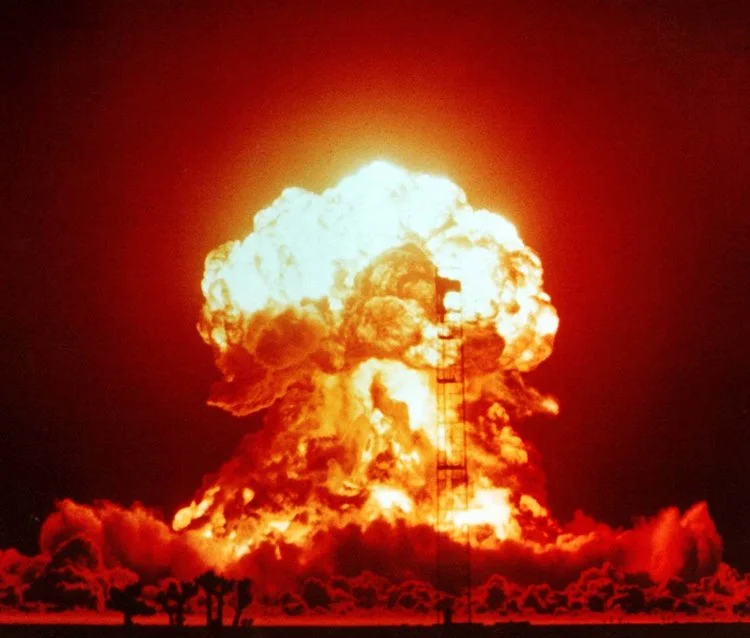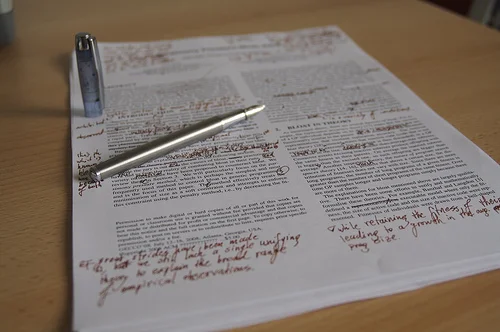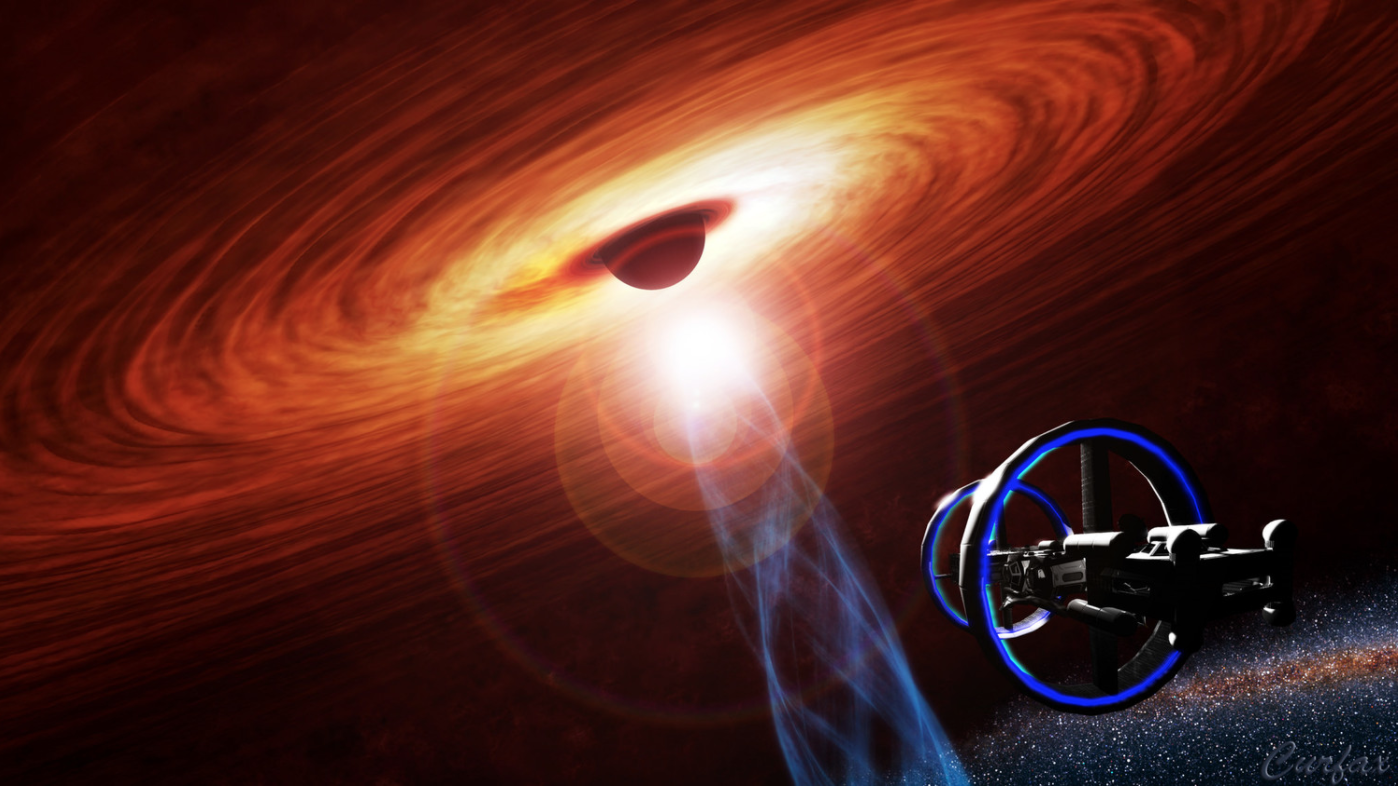
Phew! I took a break from posting while I was on paternity leave (I just had my second son... or rather my wife did). Father's Day also just happens to be this weekend. So what better way to celebrate my return to public life than to post about the physiology of fatherhood?
For this post I wanted to talk about "writer's block." People normally picture writer's block with a writer sitting by him or herself, pulling their hair out for days or weeks because they can't think of how to finish a scene. Typically in this motif there is a wire trash can sitting on the floor overflowing with crumpled up sheets of paper with failed scenes on them.
The sun is amazing. Long ago, the ancients thought the sun was a god--an ever-present, never-changing, all powerful ball of perfection. And they were partially right. The sun is the source of all life on Earth. Without it, we would wither and die (quickly). It holds the power of life and death in its metaphorical hands, i.e it essentially is a god (although not a sentient one).
As I just got started on my classes for my master's degree, I thought I'd start posting about the most interesting thing I'm learning so far. That would be orbital mechanics. So here are some basic basics (borrowing heavily from the textbook To Rise from Earth by Wayne Lee).
This month's suggested post prompt is how being a writer has affected you as a reader. Now I don't usually follow the suggested prompts, but this one stuck in my craw because being a writer has absolutely ruined my ability to read for pleasure.
Nope. That wasn't a typo. I'm of course referring to global warming, but I'm going to deviate from my typical post for this one. I'm not going to boil down the science of global warming (for those that wince at that term, read "climate change")...
Phew! November and December were really busy, so I took a little hiatus from blogging. And for my return post, I wanted to talk about my recent convention experience. In November, I attended Kraken Con (a convention in the Bay Area that caters mostly to anime fans)...
Phew! November and December were really busy, so I took a little hiatus from blogging. And for my return post, I wanted to talk about my recent convention experience. In November, I attended Kraken Con (a convention in the Bay Area that caters mostly to anime fans)
It looks like texting shorthand for the drawer in your fridge, or maybe a superhero that makes the air feel like a cool, refreshing winter morning, but it's really one of the most powerful tools in molecular biology. CRISPR has made lots of news headlines in the past two years...
When I started writing, I noticed something unexpected and distressing: I found writing dialogue really really hard. Describing scenery? Cinch. Explaining pseudo-science-y stuff? Easy peasy. A simple conversation between two people? Mind-numbingly difficult. Why?
A few weeks ago, the scientific community announced an amazing discovery - the existence of exoplanet "Proxima b." As discussed in my post on extra-solar planets from June, we've discovered many many such planets. So why is this one different?
In previous posts, I've talked a lot about the process of writing and how to get your work out there. But I haven't talked much about what to write. This is, of course, a personal decision that has many, many factors that go into it, but I thought I'd add my two cents.
In the spirit of Independence Day, I thought I'd write about independent publishing. Picture this: you've done it. You've spent months, or a year, or several years writing and editing and now your magnum opus is ready to share with the world!
Here's another topic that's been in and out of the news over the past several years (and will likely come up again in the near future). Exoplanets (otherwise known as an "extra-solar planet" or a planet orbiting a star other than our own sun)
You've done it. You've just finished the first draft of your masterpiece, and now... Now it's time for the long slog that is the editing process. How should you go about it? How much editing should you do? Should you hire an editor?
Dark matter has a lot of questions surrounding it. Not just for the lay community, but in the scientific community as well. So, I thought I'd devote a post to dark matter: what we think it is, what we think it isn't, and how we know it's there...
Do you have a story burning inside you, waiting to be made into a novel? Everyone's journey from idea to novel is going to be different, but I'll detail here what has worked for me. First I should note that all of this is flexible. The actual journey from idea to novel...
Black holes appear frequently in fiction, and rightfully so: they're the red-headed step-child of the universe. But more often than not, they are attributed near-magical powers that have nothing to do with black holes. And before I can talk about what black holes...
A few weeks ago, the scientific community announced a truly amazing discovery: the observance of gravitational waves. And while it made the headlines for a day or two, I didn't really hear anyone talking about it, and interest from the lay community seemed to fade pretty quickly...
This is my first attempt at a blog, so bear with me.
For my inaugural post, I thought I'd answer (in painstaking detail) a question that I often get: how did I come up with the idea for my books?
Looking for more SciTalk? Find more posts in our Archives.





